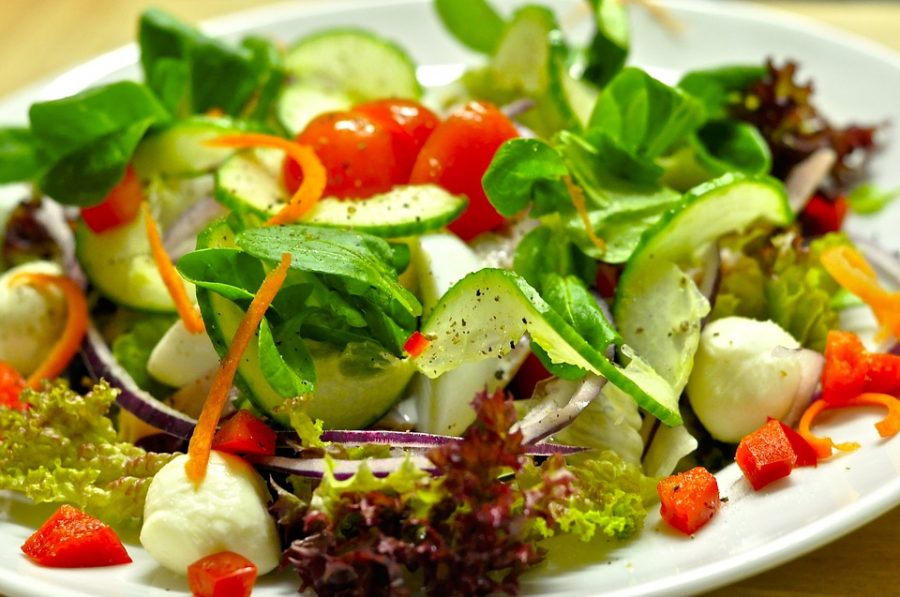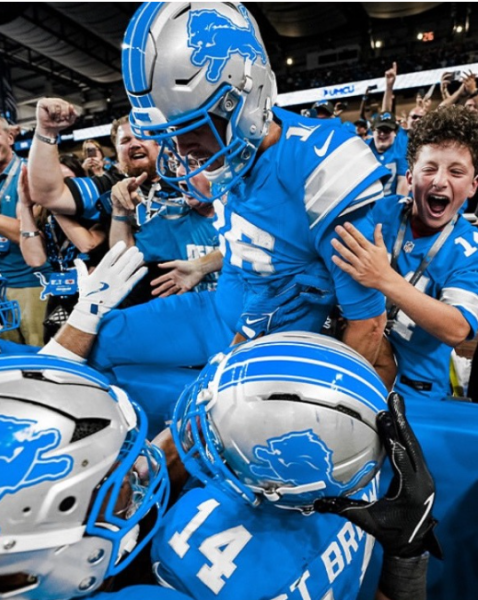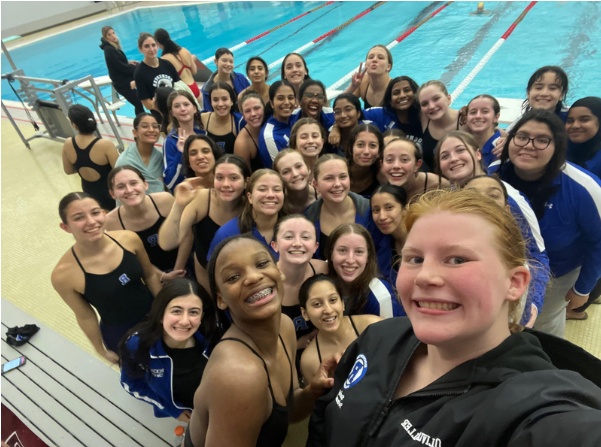Meatless Diets Have Lasting Benefits
March 2, 2017
It’s Saturday night and then-freshman Emily Boar turns on the TV, changing through channels until she finds something interesting enough to watch. She stumbles upon images of farm animals in a documentary, and, curious, begins to view the film. Little does she know that this movie, as well as others like it, will convince her to begin a major dietary change in her life; she will soon make the decision to eliminate all animal products from her diet and become vegan.
“I watched ‘Food, Inc.’ and a lot of other documentaries that hit home because I have a soft spot for animals (and they helped me decide to change my diet),” Boar, now a junior, said. “I have a lot of empathy for things, and I just didn’t want to see a face in my food.”
“Food, Inc.” is a renowned documentary that gives an unapologetic glimpse into the animal cruelty associated with meat production. Junior Maria Chila would consider switching her diet if she were to see such a film.
“Honestly, I think I would [change my diet] if there was something traumatic that happened, like if I saw something like a documentary that just absolutely scared me,” Chila said. “Then I would become vegetarian or vegan. I have great respect for those people.”
Chila has considered the impact meat-inclusive diets have on animals, and although she cares about animal welfare, she realizes she would not be able to live without her favorite meat products.
“I try not to think about it because it makes me sad. Animals have feelings and they shouldn’t be slaughtered horrifically for our consumption,” Chila said. “[however], at the same time, why are they so tasty? I love animals and I want to save the animals, but then also, like, bacon.”
While some cite the reason for (potentially) changing their diets as animal welfare, others, such as English teacher Ms. Erin Burke, who has been a pescetarian for over 30 years, make this dietary switch due to health reasons or dislike of animal products.
“I think that there’s a growing problem with the consumption of hormones and fake things in food,” Ms. Burke said. “We should try to eat as natural as we can…[After changing my diet] I hardly am sick, and it’s helped my immune system and my energy. With me it wasn’t this big political or moral statement, it just that meat never really agreed with me… [and] always kind of grossed me out.”
Ms. Burke has faced some criticism about her dietary choices. However, she notes that society has started to become more aware and accepting of alternative diets.
“When I was in high school, it was such a weird thing that I was a vegetarian. But [now] a lot of my students are vegetarians and there are a lot more options,” Ms. Burke said. “Traveling has been hard too. In certain countries, their culture is all about meat. Like in Argentina it’s all about meat, but I feel like lately when I travel there are more vegetarian cafes and stuff that are open. There is more acceptance worldwide,” Ms. Burke said.
As she does not discuss her diet often, Boar has faced few misconceptions about her choices. She is, however, often asked if she receives enough protein.
“Everyone thinks that I am like one of those crazy vegans but I’m not. No one knows I’m a vegan until we go out to eat and I say ‘can I get it without this’.” Boar said.” I don’t really face a lot of criticism because I’m not a crazy person. I do get asked [if I get enough protein] all the time, and I’m like, there’s protein in everything.”
Boar now faces challenges when dealing with critics, but two years ago she struggled with different components of her diet.
“I didn’t eat a lot of meat anyway, the only meat I ate was fish, really,” Boar said. “One challenge I faced, though, was [that] I really like cheese. I went cold turkey when I [became a vegan], so it was kind of hard.”
Recognizing how difficult it can be to give up animal products for those who eat them on a regular basis, Boar would recommend a diet including plant-based material and less meat for those trying to have a good environmental impact but are unable to stick to a strict diet.
“A lot of people would not stick to a strict diet, but I would recommend them trying to [eat less animal products] at least some time of the month because it’s good for you to eat less meat or more grains.” Boar said. “You don’t have to go as extreme as to be a vegan, but I encourage eating vegetable and plant-based material.”
Ms. Burke also states that she would recommend the diet for health reasons, but she believes that it’s a personal decision at the end of the day.
“I think it’s completely a personal decision what people what people want to do,” Ms. Burke said. “If they [want to improve their diet without] going completely vegetarian, I think they should try to limit their meat intake and cut down on red meat.”
Overall, Chila admits that a meatless diet can seem futile if only a few people participate.
“If one person [is vegetarian/vegan], it can spark something else,”Chila said. “But if it’s just one person, it’s not going to change much, so it has to be lots of people.”







